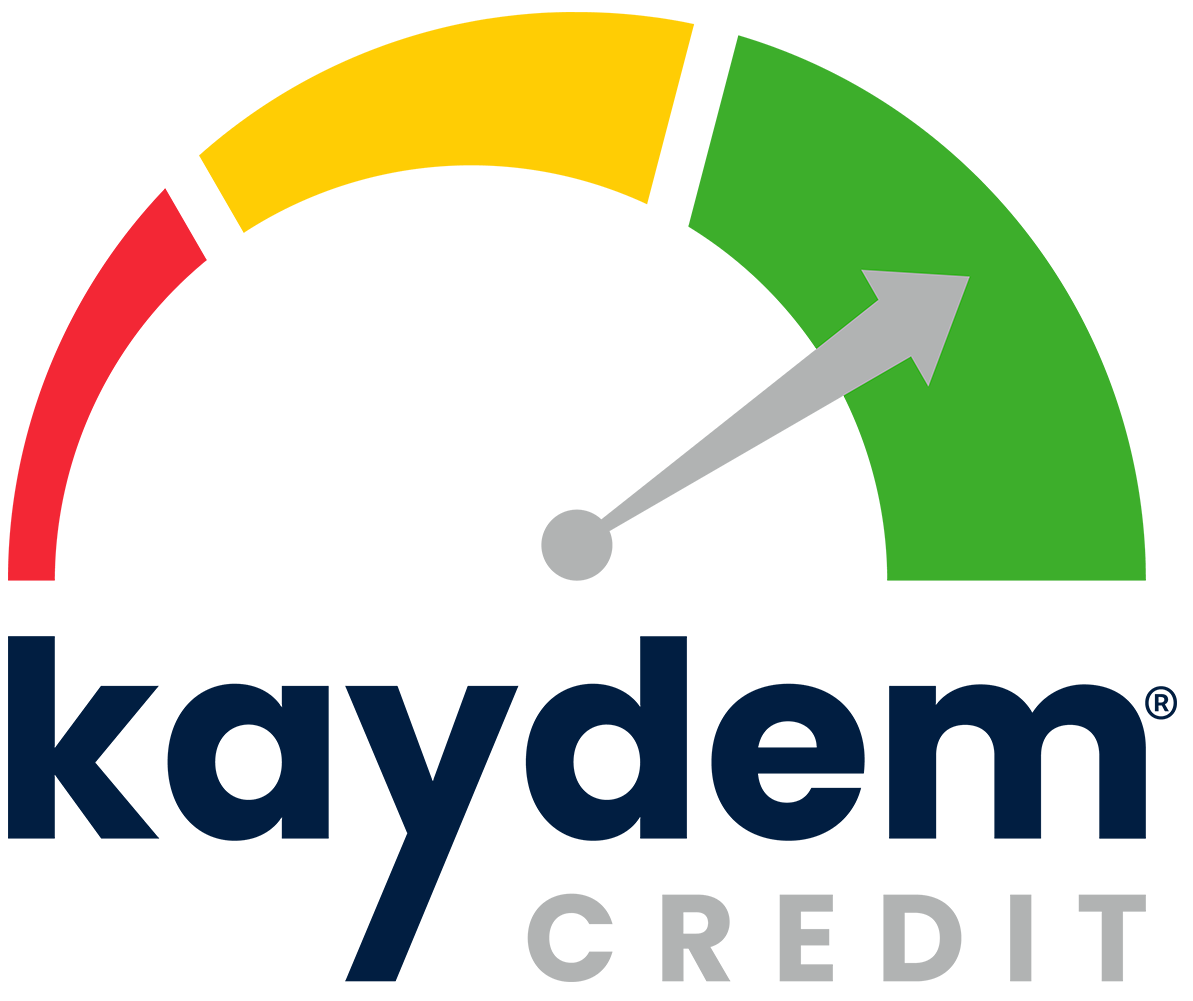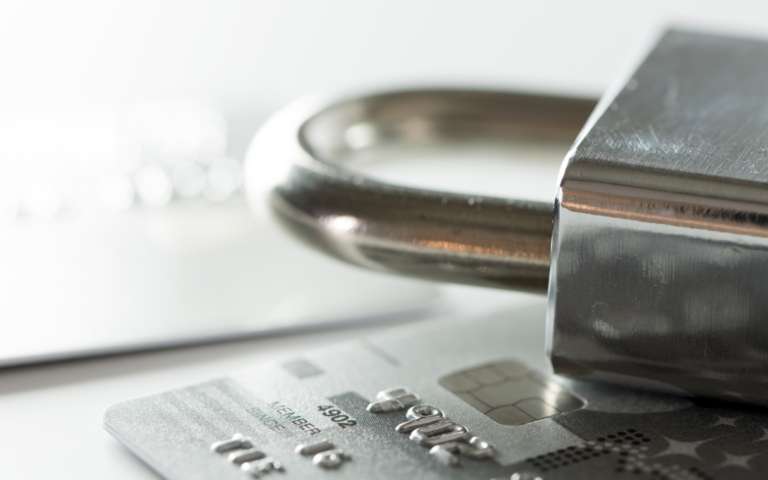In today’s financial landscape, knowledge is power. As consumers, we navigate a world filled with credit cards, loans, and obligations that can feel overwhelming. But did you know there’s a powerful ally on your side? Enter the Consumer Credit Protection Act (CCPA), a landmark legislation safeguarding your financial interests for over half a century, but what is the CCPA, and what rights do you have under it?
Today, we’ll explore how this crucial act protects you and empowers you to take control of your financial destiny. Whether you’re a seasoned credit user or just starting out, understanding the CCPA is essential. It’s not just dry legislation; it’s your shield against unfair practices and your key to informed financial decisions. So, let’s dive into the CCPA and discover how it impacts your everyday life.
The Birth of the CCPA
To truly appreciate the CCPA, we need to step back to the late 1960s. Picture a world where the economy was booming, but not everyone was reaping the benefits. Consumer debt was skyrocketing, and unethical lending practices were running rampant. It was a financial Wild West, with consumers often left in the dust.
The 1960s saw a surge in consumer activism, with people demanding more protection in their financial dealings. The government noticed, recognizing the need for comprehensive legislation to safeguard consumers in credit transactions. This growing awareness and public pressure set the stage for a monumental change in consumer rights.
In 1968, after years of debate and negotiation, the Consumer Credit Protection Act was born. It was a watershed moment in American financial history. The CCPA aimed to level the playing field between consumers and creditors, introducing unprecedented protections and transparency in credit transactions.
The primary goals of the CCPA were clear: to ensure fair and equal access to credit, to provide consumers with clear and accurate information about credit terms, and to protect consumers from abusive practices in credit reporting and debt collection. It was a significant stride towards a more equitable financial system, one that acknowledged the crucial role of informed and empowered consumers.
What is the Consumer Credit Protection Act (CCPA)?
So, what is the CCPA? The CCPA isn’t just one law; it’s a comprehensive package of protections that touch on various aspects of your financial life. Let’s break down what the CCPA is and the key provisions and see how they work to keep you safe and informed.
Equal Credit Opportunity Act (ECOA): Breaking Down Barriers
Imagine being denied a loan simply because of your gender or skin color. Before the ECOA, this was a harsh reality for many Americans. The ECOA changed the game by prohibiting discrimination in credit transactions based on race, color, religion, national origin, sex, marital status, age, or receipt of public assistance.
This provision ensures that when you apply for credit, you’re evaluated based on your creditworthiness, not prejudices or stereotypes. It opened doors for countless individuals who had previously been unfairly excluded from credit opportunities.
The ECOA also grants you the right to know why your credit application was rejected. This transparency allows you to understand your financial standing better and take steps to improve your creditworthiness if needed.
Federal Wage Garnishment Law: Protecting Your Paycheck
Falling behind on debts can be stressful, but the CCPA ensures you’re not left penniless if creditors come calling. The Federal Wage Garnishment Law limits the amount of your wages that can be garnished, ensuring you have enough to cover your basic living expenses.
Under this provision, most creditors can only garnish up to 25% of your disposable earnings or the amount by which your weekly earnings exceed 30 times the federal minimum wage, whichever is less. This protection helps prevent financial ruin and gives you a fighting chance to get back on your feet.
Moreover, this law protects you from being fired because of a single wage garnishment. It’s a crucial safeguard that helps maintain your job security even when facing financial difficulties.
Truth in Lending Act (TILA): Shining a Light on Credit Terms
Have you ever felt confused by the fine print in a credit agreement? The Truth in Lending Act aims to clear up that confusion. It requires lenders to provide clear, uniform disclosures about credit terms and costs.
One of TILA’s most significant contributions is the standardization of the Annual Percentage Rate (APR). Before TILA, lenders could advertise low interest rates while hiding additional fees. Now, the APR gives you a comprehensive view of the total cost of credit, including interest and other charges.
TILA also gives you the right to change your mind. For certain types of loans, like home equity lines of credit, you have a three-day “cooling off” period during which you can cancel the transaction without penalty. This provision ensures you’re not rushed into making significant financial decisions without proper consideration.
Fair Credit Billing Act (FCBA): Your Ally in Billing Disputes
Have you ever spotted an error on your credit card statement? The Fair Credit Billing Act has got your back. This provision establishes procedures for resolving billing disputes with creditors, ensuring you’re not on the hook for charges you didn’t make or items you didn’t receive.
Under the FCBA, you have the right to dispute charges within 60 days of receiving your bill. The creditor must acknowledge your dispute within 30 days and resolve it within 90 days. During this time, you can withhold payment on the disputed amount without incurring interest or damaging your credit score.
This act safeguards you from unfair billing practices, such as incorrect address billing or charges for unsolicited credit cards. It holds creditors accountable and ensures fairness in billing practices.
Fair Credit Reporting Act (FCRA): Keeping Your Credit Report Accurate
Your credit report can significantly impact your financial life, influencing everything from loan approvals to job applications. The Fair Credit Reporting Act ensures this crucial document is as accurate and fair as possible.
Under the FCRA, you have the right to access your credit report for free once a year from each of the three major credit reporting agencies. This allows you to review your report for errors and dispute any inaccuracies.
The FCRA also limits who can access your credit report and for what purposes. It requires credit reporting agencies to investigate and correct errors promptly, ensuring that your credit report remains an accurate reflection of your credit history.
Fair Debt Collection Practices Act (FDCPA): Keeping Debt Collectors in Check
Dealing with debt collectors can be stressful, but the FDCPA ensures you’re treated fairly and respectfully. This provision prohibits debt collectors from using unfair, deceptive, or abusive practices when collecting a debt.
Under the FDCPA, debt collectors can’t contact you at inconvenient times (like before 8 AM or after 9 PM), they can’t harass you with repeated calls, and they can’t use threatening or abusive language. They’re also required to provide you with information about the debt and your right to dispute it.
This act gives you the power to tell debt collectors to stop contacting you. While this doesn’t erase the debt, it can provide relief from constant collection attempts and give you space to explore your options for addressing the debt.
Electronic Fund Transfer Act (EFTA): Safeguarding Your Digital Transactions
In our digital age, the EFTA offers essential safeguards for electronic fund transfers, encompassing transactions via ATMs, debit cards, and online banking services.
The EFTA limits your liability for unauthorized electronic fund transfers. If you report a lost or stolen card within two business days, your maximum liability is $50. Even if you report it later, your liability is capped at $500.
This act also requires financial institutions to provide clear information about fees associated with electronic transfers and your rights regarding these transactions. It’s a vital protection in an age where digital financial transactions are becoming the norm.
Government Agencies Upholding the CCPA
Now that we’ve answered what is the CCPA, we must understand the protections granted by the CCPA would be meaningless without proper enforcement. This is where various government agencies step in, diligently working to ensure your rights under the CCPA are upheld.
The Federal Trade Commission (FTC) plays a crucial role in enforcing many provisions of the CCPA. They investigate complaints, take action against companies that violate the law, and provide valuable educational resources to help consumers understand their rights.
The Consumer Financial Protection Bureau (CFPB), created in 2011, has become another key player in enforcing consumer credit laws. The CFPB has the authority to write rules, supervise companies, and enforce federal consumer financial protection laws. They also handle consumer complaints and provide educational materials to help you navigate the complex world of consumer finance.
Other agencies, such as the Federal Reserve Board and the Office of the Comptroller of the Currency, also enforce specific aspects of the CCPA, particularly those related to banking practices.
These agencies use various mechanisms to monitor compliance and enforce the law. They conduct regular examinations of financial institutions, investigate consumer complaints, and have the power to impose fines and other penalties on companies that violate the CCPA.
Your Rights Under the CCPA: A Consumer’s Toolkit
Understanding your rights under the CCPA is essential for your financial well-being. Let’s review some of the key rights you possess:
- The right to receive clear and accurate information about credit terms and costs.
- The right to dispute inaccurate credit reports and have errors corrected promptly.
- The right to be treated fairly and respectfully by debt collectors.
- The right to request that debt collectors stop contacting you.
- The right to limit your liability for unauthorized electronic fund transfers.
- The right to access credit without discrimination based on factors, such as race, gender, or age.
- The right to protection during financial hardships, such as wage garnishment limitations and fair debt collection practices.
Building a More Secure Financial Future
The Consumer Credit Protection Act is a critical piece of legislation that has greatly improved the financial landscape for consumers. From protecting against deceptive lending practices to providing safeguards during financial hardships, the CCPA has been instrumental in creating a more transparent and fair credit environment.
It’s important for consumers to understand their rights under the CCPA and to use them as tools to make informed decisions about their finances. With the help of government agencies and consumer advocacy groups, individuals can ensure that their rights are upheld and that they have access to fair credit opportunities. The CCPA has revolutionized how we interact with credit, and its impact will continue to shape the financial world for years to come. So, consumers must stay educated and aware of their rights under this important act. Doing so allows us to work towards a more equitable and secure financial future.







